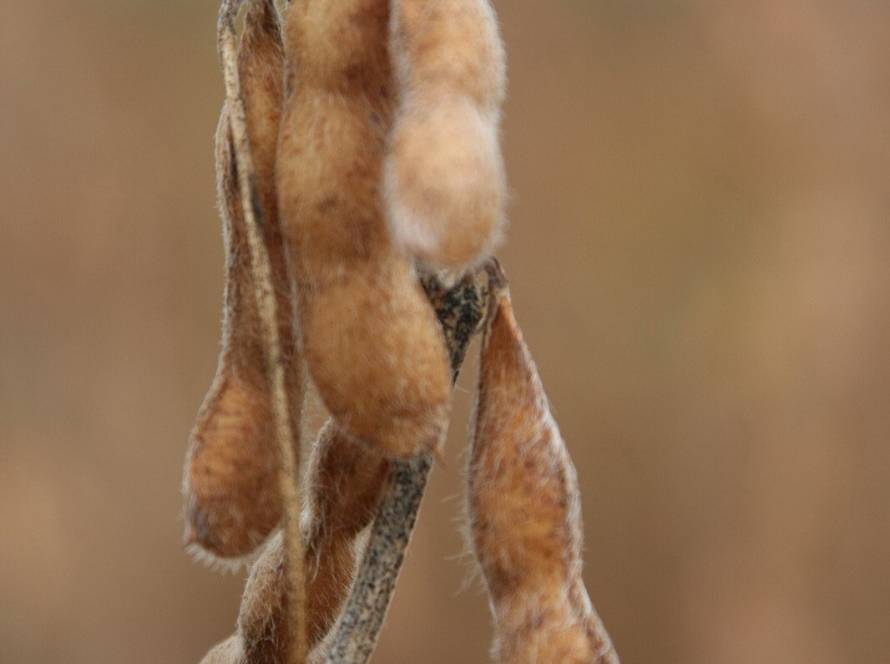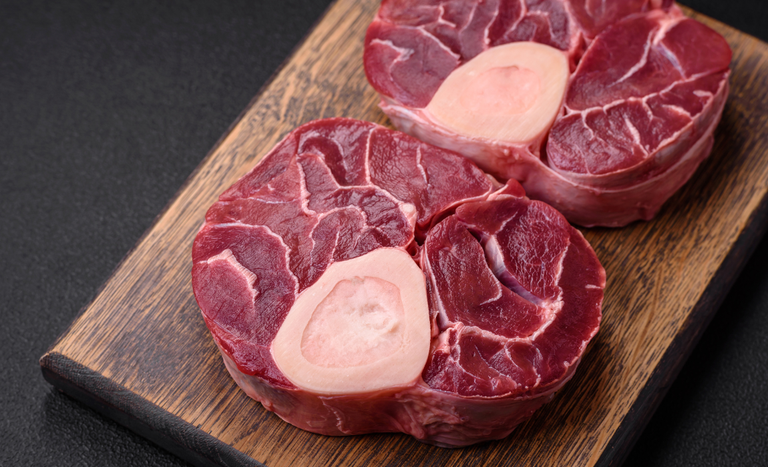Mato Grosso has been gaining prominence in the dairy chain. One product in particular has led this transformation: mozzarella cheese. According to the 2022 Mato Grosso Dairy Chain Assessment, jointly prepared by the Mato Grosso Institute of Agricultural Economics (IMEA) and the Mato Grosso Milk Producers Association (MT Leite), 75% of dairy production in the cooperatives interviewed is allocated exclusively to the production of this type of cheese.
According to the survey, 44,11% of milk is used for its production, easily surpassing UHT (long-life) milk, which represents 18,33%. The data indicate that, in addition to being the most consumed cheese by Brazilians, mozzarella also leads the destination of milk collected by dairies in the state.
This predominance indicates a strategic shift on the part of industries and cooperatives. Instead of focusing solely on liquid milk, the sector is opting to add value through products with greater acceptance and profitability.
"Mozzarella is the true link between the field and the consumer's table. It's in grilled cheese sandwiches, pizza, and our baguncinha. A simple ingredient that delivers value, flavor, and identity," says Antônio Carlos Carvalho de Sousa, a rural producer and president of the Mato Grosso Milk Producers Association (MT Leite).
From milk to mozzarella
With over 455 million liters of milk produced in 2023, Mato Grosso currently ranks 12th nationally, according to the Brazilian Institute of Geography and Statistics (IBGE). The growth of the supply chain and the region's appreciation are clear reflections of this.
This is the case of Wagner Vasques Bello, a cattle rancher from São José dos Quatro Marcos, Mato Grosso. With 22 years of experience as a member of the Northwest Mato Grosso Agricultural Cooperative (Coopenoroeste/Lacbom), where he currently serves as deputy director, he closely monitors every stage of the production chain, especially the transformation of milk into mozzarella cheese that supplies the regional market.
Every day, the unit processes approximately 12,000 liters of milk, which are used to produce mozzarella cheese. "Here, we don't focus on just one product. Mozzarella sells well, of course, but it's together with other derivatives that we can keep the business going. Each product has its own target audience, and together they make a difference in our results," explains Wagner.
Approximately 90% of production remains in Mato Grosso, serving supermarkets, local businesses, and consumers who prioritize locally produced food. The remaining 10% is sent to customers in other states.
Beyond the direct economic impact, Wagner emphasizes the social role of dairy farming. "Being a milk producer demands a lot, but it also brings pride. Milk is powerful, and when it's turned into cheese, cream cheese, and sweets... that's when it truly arrives with a delicious taste in people's homes," he states.
From a single ingredient, a thousand delights are born
The growth of Mato Grosso's dairy chain has also been driven by institutional coordination. MT Leite, formerly Aproleite, underwent a brand repositioning, strengthening its mission of representing and empowering dairy farmers.
To this end, it invests in campaigns promoting the value of milk and its derivatives, educational initiatives in cities, and dialogue with the government and private sector. "Producing milk is a commitment to the health and nutrition of the population. And Mato Grosso has much to contribute to this mission," emphasizes Antônio Carlos Carvalho de Sousa, president of MT Leite.
Beyond its nutritional value, the sector has a direct social impact, generating income in small towns and boosting local economies. In this context, mozzarella has become more than just a cheese: it's a symbol of innovation, identity, and opportunity.




